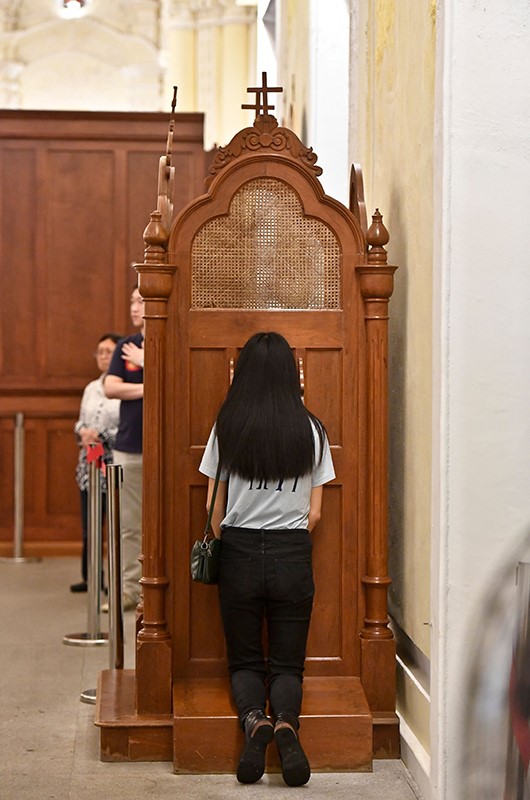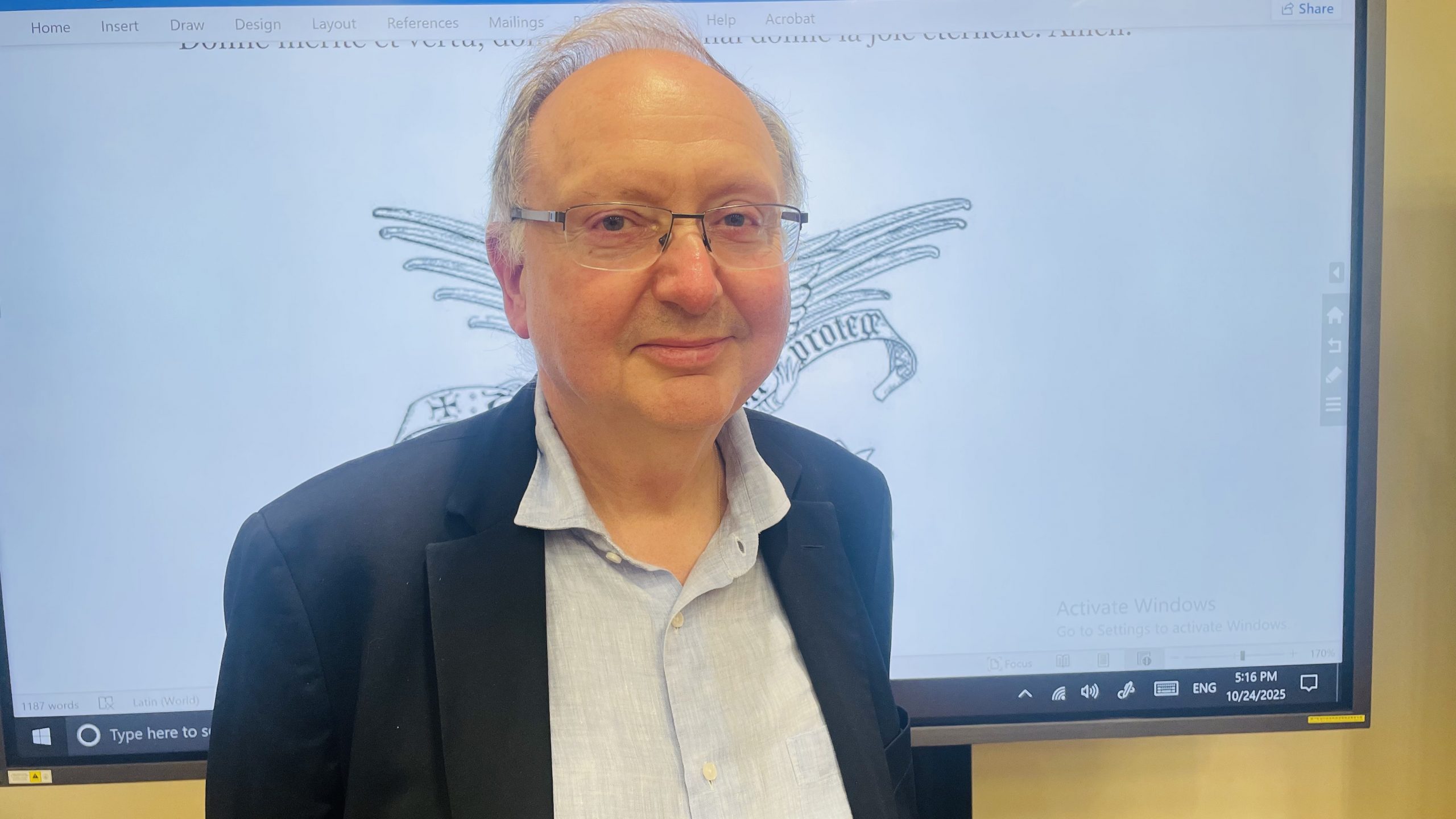Danilo Perez Ngo
SFC: Why Confession?
Fr Mandía: I don’t know if you’ve heard this story of two friends who were speaking. One was Catholic, and the other was not. The non-Catholic friend told his Catholic friend, “You know why I refuse to become Catholic?” His friend said, “I don’t know!” The non-Catholic friend said, “Because there are lots of hypocrites and sinners in the Catholic Church.” His Catholic friend told him, “Don’t worry, there’s room for one more.”
When we joined the Church, it doesn’t mean that we are saints. It doesn’t mean that we are holy already. Pope Francis said, “The church is like a field hospital, you can see sick people.” The church is like that, it is full of sinners. It is not for saints already. It is for sinners who are trying to be holy. Since we know that we are sick, then we need someone to cure us. And then we know that here in this hospital – the Church – they have all the vaccines that are needed. All the medicines, all the ventilators you need in order to survive – those are the Sacraments. The Sacrament of Confession is the Sacrament of Healing.
Pope Francis, in his book The Name of God is Mercy, was asked, “Holy Father, why did you say that we should not think of confession just like going to the laundry and having our clothes washed?” To this Pope Francis replied, “Well, because you know, to think of it this way, like a simple washing of clothes, you might think that once you’ve washed your clothes, you are already ok.” There is nothing else you need to do. But you see it’s a kind of wound and the healing takes time and sometimes you have to go back to the doctor, and you have to apply the medicine again and again for you to recover completely. It’s not only once, you need to go several times. It’s like when we confess several times, we might still fall, or we still fall. So that’s the reason why confession is there. We need healing and we need to repeat the process several times.
Why do we confess to a Priest and why not have a conversation to God?
Part of the answer I’ve said earlier, about the sign. We need the sign that we are forgiven. A person can say, “I go to God and confess my sins.” But how do you know that you are forgiven? The reason, the Sacrament was instituted by Jesus Christ, is to give us the proof or certificate that you have been forgiven. Of course, you do everything to obtain that forgiveness.
That’s the practical, but aside from that, we can go to the Scriptures. In the book of Pope Francis, he quotes the Gospel of St John, “Receive the Holy Spirit. Whose sins you forgive are forgiven them, and whose sins you retain are retained” (John 20:22-23). It is very significant because Jesus gave them the power, by giving the Holy Spirit, [so that] whose sins they forgive will be forgiven, whose sins they retain, will be retained. So He gave them the power that He Himself had. From the early years of the Church, they’ve already taken this meaning that sins can be forgiven, and be forgiven by the ministers who have been ordained or given the Sacrament of Holy Orders which makes them capable of acting in the person and in the name of Jesus Christ. This is why we believe, as Catholics, that it is not Father so and so who forgives the sins: it is actually Jesus Christ. When the priest pronounces the words, He doesn’t say, “May God absolve you from your sin” or “May God forgive you,” “May God have pity on you.” The priest says, “… and I absolve you from your sins.” It’s not because it’s the priest, it is because it’s Jesus Christ who is there. Jesus makes use of this priest to communicate to the penitent, that he is actually forgiven. That is the wonderful thing.


 Follow
Follow


